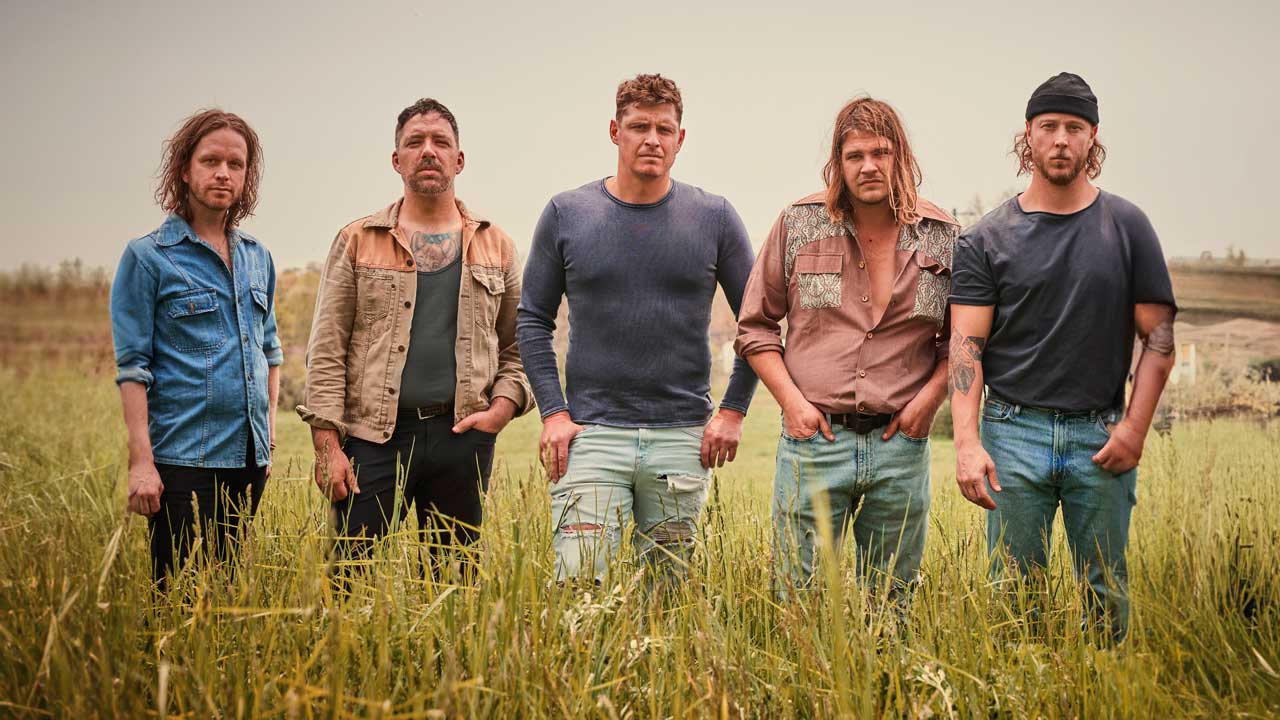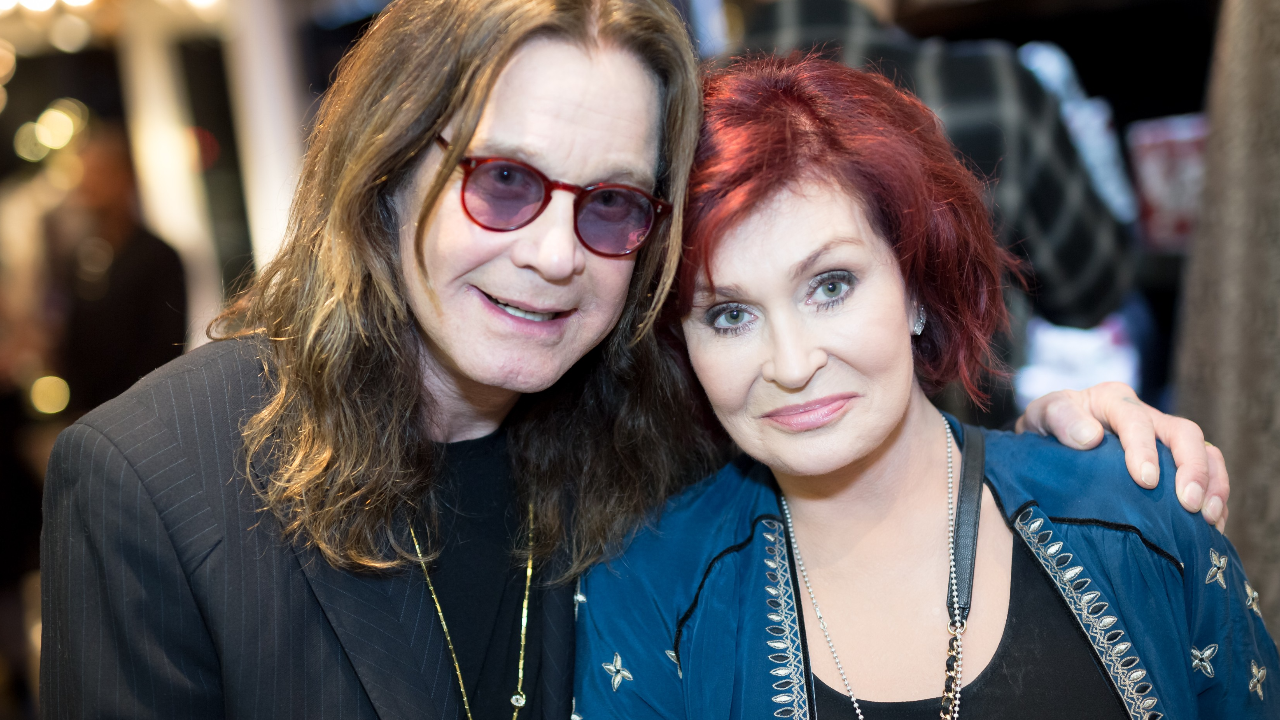"I love to just get up and shake every demon out of my soul": The Glorious Sons' Brett Emmons on mental fortitude, scuppered sessions and his livewire stage persona
"I have that kind of crazy coyote thing about me. People will say I’m two different people on and offstage" - Glorious Sons frontman Brett Emmons

Since their 2011 formation in Ontario, The Glorious Sons have offered a head-turning blend of heartland songcraft and twitchy alt.rock onstage energy, courtesy of frontman Brett Emmons.
With 2014’s The Union, 2017’s Young Beauties And Fools and 2019’s A War On Everything creeping ever higher up the Canadian charts, the band were due a bump in the road, and Emmons tells us they got it with this year’s new album Glory.

The word is that this album had a difficult birth?
Oh God, yes. It took a few tries. We’ve definitely thrown out one full album, and so many other songs. This album is just the ten cohesive songs we ended up with after maybe four years of recording, on and off. I hesitate to use the word ‘fail’, but we just kept missing the mark. Everything we did felt like it aged too fast. There was some really angry political stuff and there’s enough people already talking about that.
What was the lowest ebb?
There was a trip to Nashville that just seemed snake-bitten right from the get-go. I got an infection in my head, our producer got shingles. It took a gigantic toll. There was no steady leader in the band for a long time. Everybody was looking around wondering, like, “What the fuck is going on?” After the Nashville trip, I couldn’t even think about music for three weeks. That might not seem a long time, but it is when you’re used to writing every day.
I guess quitting was not an option?
Sign up below to get the latest from Classic Rock, plus exclusive special offers, direct to your inbox!
Obviously, you think about shit like that. But you need to have the mental fortitude to know your thoughts are gonna change. It’s just gonna take one song that you love to change your mind. Most of these songs, they acted like boosts, like a needle in the arm. To me, the title track Glory was a big one. It just felt like I unlocked this stream-of-consciousness voice, and it made a world of difference to my writing.
What are these songs about?
A lot of this album is opening up on a personal level. I’m pretty comfortable, being vulnerable. But there’s always a fear you’ve gone too far, a part of you that says, “Nobody wants to hear this shit”. Dream is about my ex-girlfriend and trying to send her a telepathic message. You Stay Young is partly about a dream I’d have when I was young: I’d be standing across the road watching my house being torn to shreds, and I knew my family was in there.
You say you want this album to be huge. Do you mean commercially or artistically?
I mean ‘huge’ as in ‘ambitious’, I guess. I just wanted it to sound anthemic and take a lot of chances with production. I want it to feel like your chest was an open field.
You’re a livewire frontman: do you have to activate that guy every night?
I do start running around the changing room like a madman about forty-five minutes before the show. I have that kind of crazy coyote thing about me. People will say I’m two different people on and offstage. It’s kinda true. There’s just a lot of crazy in there. If you ever see me phone in a show – which has happened maybe two or three times in my life – I can promise you it’s because I am unbelievably tired. My voice isn’t always perfect, but I love to just get up and shake every demon out of my soul.
Glory is out now via TGSMusic.
Henry Yates has been a freelance journalist since 2002 and written about music for titles including The Guardian, The Telegraph, NME, Classic Rock, Guitarist, Total Guitar and Metal Hammer. He is the author of Walter Trout's official biography, Rescued From Reality, a music pundit on Times Radio and BBC TV, and an interviewer who has spoken to Brian May, Jimmy Page, Ozzy Osbourne, Ronnie Wood, Dave Grohl, Marilyn Manson, Kiefer Sutherland and many more.

